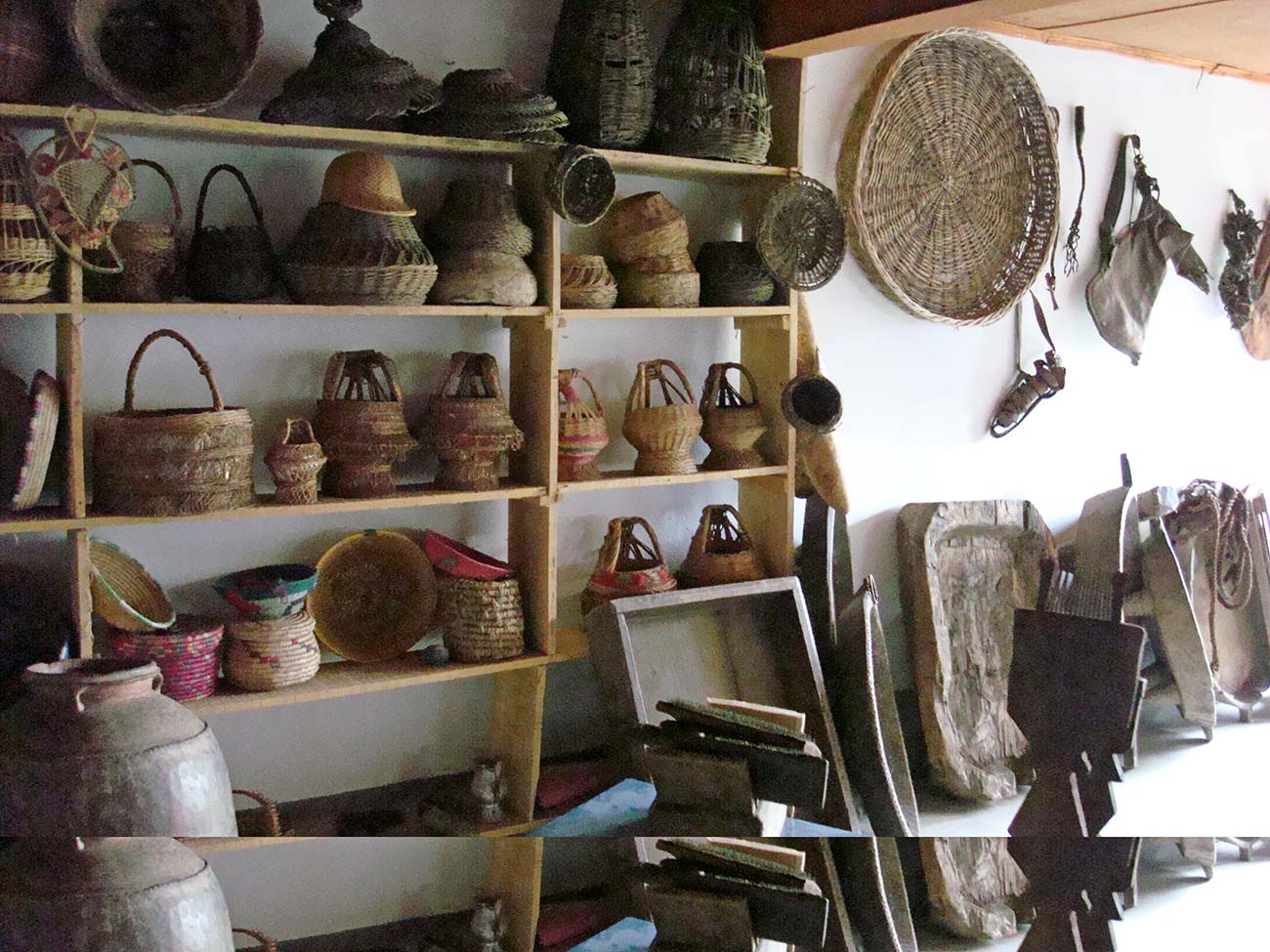by Abid Ahmad
Recently Kashmir observed the death anniversary of Akhtar Mohiuddin, the legendary writer of Kashmiri language and literature, who elevated Kashmiri to a higher pedestal in the body of world literature through his writings. Akhtar earned name and fame for himself and for his language by writing on topics which had so far been delineated in major languages of the world only. He showed to the world that the Kashmiri language has the potential to internalize even the most excruciating experiences of the modern life like angst, ennui, alienation and fragmentation. His short stories still emit the fragrance that both refreshes as well as disturb. He asks the ultimate questions of life the way they should be. Some of his short stories include Tchass (shock), Dand wazun (imbroglio) Daryayi heund Yazar (the branded trousers). Amin Kamil along with Akhter Mohiuddin contributed to the Kashmiri language what it was lacking at i.e., prose and short fiction. The best way to pay homage to this luminary is to answer certain fundamental questions about the Kashmiri language.
The world is witnessing a paradigm shift in terms of accommodating ethnic and local literature. As against what was presumed to have been the universal literature, ethnic literature has started asserting their strong presence on the landscape of the world literature. In fact, they have started asserting their authenticity too. Now no one can afford to question the authenticity of the ethnic literature. They are as much universal and relevant to life as the so-called great literature. Culture and literature are never neutral. These are as much political as any other aspect of life. However, the difference lies in the level of implicitness involved here.
Kashmiri language and literature have suffered immensely during the course of their growth. It never enjoyed the level of royal patronage as was the case with other courtly languages like the Urdu and the Persian. Though it was liberally patronized by Budshah and Chak rulers of Kashmir, by and large, this language has remained the language of the masses not the language of the court. Kashmiri has always been the lingo of the rank and file of our society. There lies its greatness. That is the reason it can transmute into words the experiences of life at its raw.
From the spiritual ecstasies of Lalla Ded to the exhortations of Sheikhul Alam; from the poetic teachings of Sofi poets to the lyrics of love-lorn Habba Khatoon; from the devotional literature of Naat to the Leela; from the creative impulse of Mehjoor to the revolutionary art of the unparalleled Azad, this literature has so many literary canons at its back, which quality it to be placed at par with any great language of the world. In fact, it duly deserves to be given the status of the classical language as it is one of the oldest languages of North India. Looking at it in retrospect, this language has experimented with almost all genres of the world literature and has percolated the same down to the masses.
The language has been deliberately muted so that it is not in a position to make audible its greatness. It is lost in the maze of so many languages and dialects that have been deliberately pitted against this great language. Kashmiri, which has a great tradition both in terms of spoken aspect and literary legacy, is dying a quick death due to so many factors. Foremost is the fact that it is not being taught at school level, with the result the budding generation of Kashmir remains unaware of its legacy. Is it deliberate or inadvertent is a moot point but what can not be debated is the fact that the Kashmiri language needs to be introduced from the primary level up to the matric, at the earliest.
Its speakers also need to introspect. The language needs revival and that is not possible without the native speakers, who have to be very articulate about their language and its concerns.
(The writer is Editor English in J&K Academy of Art, Culture and Languages)















